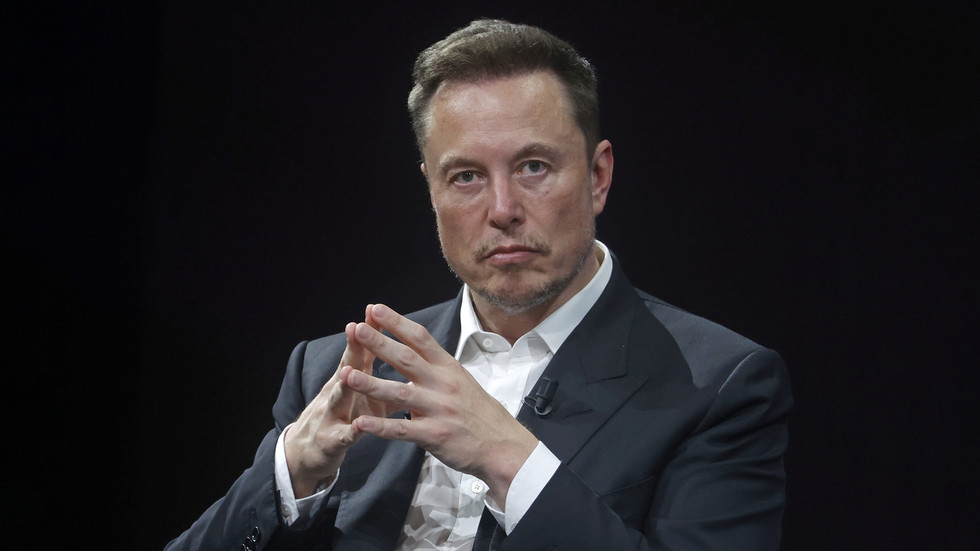In a recent interview with Tucker Carlson, Elon Musk, the CEO of Tesla and SpaceX, expressed his intention to improve government efficiency by reducing the number of federal agencies if he secures a role in a future Trump administration. Musk’s comments were framed within the context of his support for Trump, which has become more pronounced following an assassination attempt on the president-elect in July. This endorsement was significant, as Musk had previously maintained a stance of political neutrality. Trump’s promise to establish a special “government efficiency” commission, called the DOGE, and to place Musk at its helm, provided a platform for Musk’s aspirations regarding government reform.
Musk articulated his concerns about the immense size and inefficiency of the U.S. government bureaucracy, citing issues like overregulation and the overlapping responsibilities of various agencies. He highlighted that these inefficiencies result in hidden but substantial costs to American taxpayers. Musk’s commitment to addressing these inefficiencies indicates a deeper concern for how government operations can directly impact economic conditions and public welfare. In particular, he expressed a desire to streamline functions to ultimately benefit taxpayers and improve the nation’s financial health.
In addition to his ambitions about government efficiency, Musk has been a significant financial supporter of Trump, donating over $118 million to various Republican political action committees, emphasizing his commitment to the party’s success. His financial backing has coincided with public appearances at Trump rallies, where he has made bold claims about reducing the federal budget by “at least $2 trillion.” This ambitious figure reflects Musk’s assertion that there is considerable wastage in tax expenditures that could be remedied with targeted reviews of federal agencies, aligning with his broader vision for governmental reform.
Musk’s warnings about the U.S. national debt have been increasingly dire, as he has pointed out the risks of the country heading towards financial ruin. His advocacy for a drastic reduction in spending stems from a belief that the current fiscal trajectory is unsustainable. He emphasized the notion that if Washington does not take decisive action to address spending, the nation could face dire consequences. This framing of fiscal responsibility resonates with many voters who are concerned about government finances and may serve as a foundation for his proposals.
Musk’s plans not only are aimed at trimming the bureaucratic fat but also reflect a more general political strategy aligning with Trump’s populist rhetoric, appealing to a base that values efficiency, accountability, and tangible results from government agencies. The sentiments expressed by Musk resonate with a significant faction of the Republican party and reflect a broader dissatisfaction with government operations. His high-profile status as a billionaire tech entrepreneur could bring additional visibility to these issues, potentially influencing public opinion regarding government reform.
The proposed establishment of the Department of Government Efficiency, should Trump win re-election, underscores the radical shifts Musk is eager to induce in federal governance. Through conversations and public endorsements, Musk seeks to position himself as not only a supporter of Trump but as an integral part of a solution to perceived inefficiencies in Washington. With his substantial financial investments and proactive role in advocating for drastic governmental change, Musk’s approach illustrates a keen interest in leveraging his influence to reshape the landscape of American governance.

